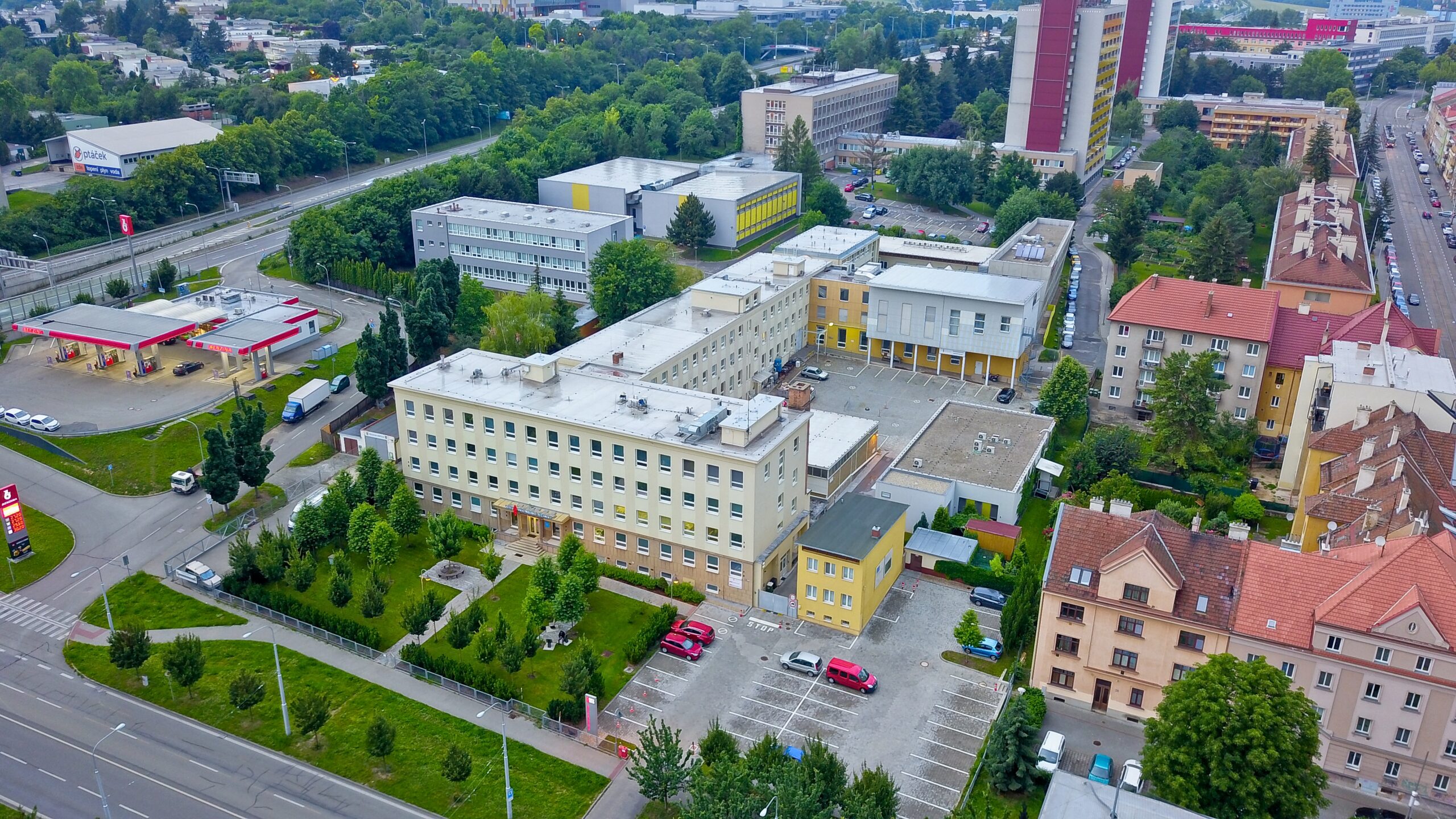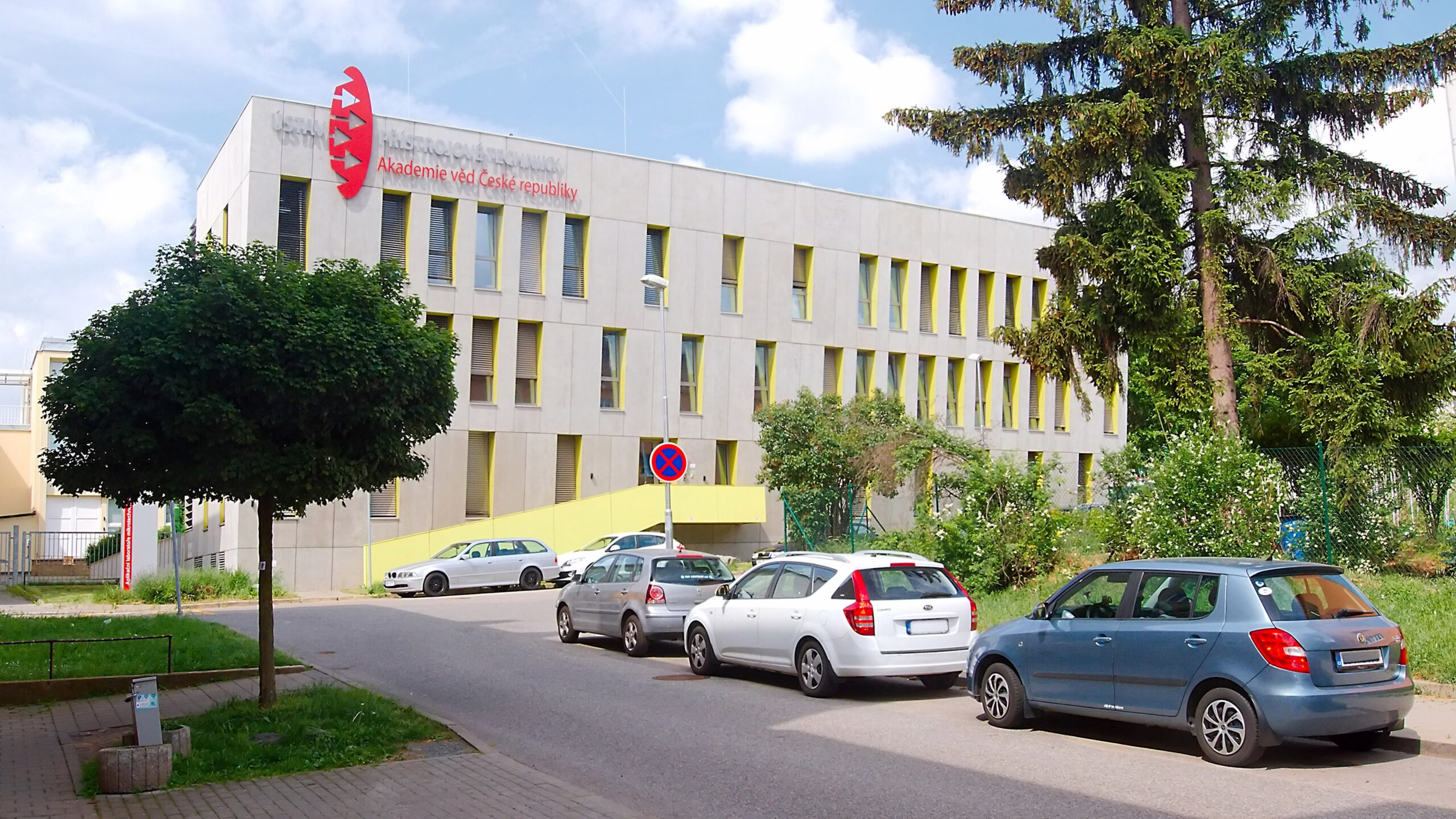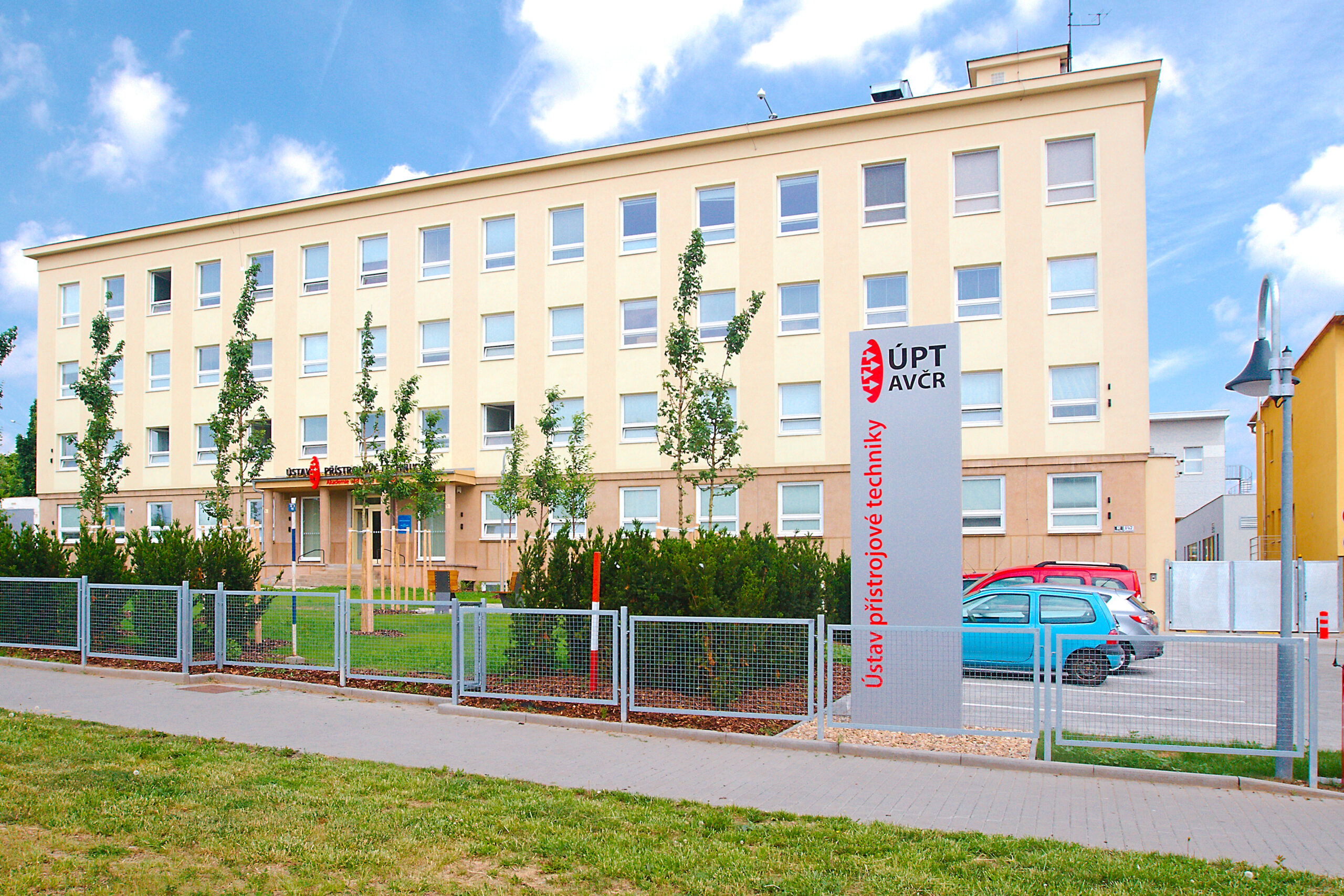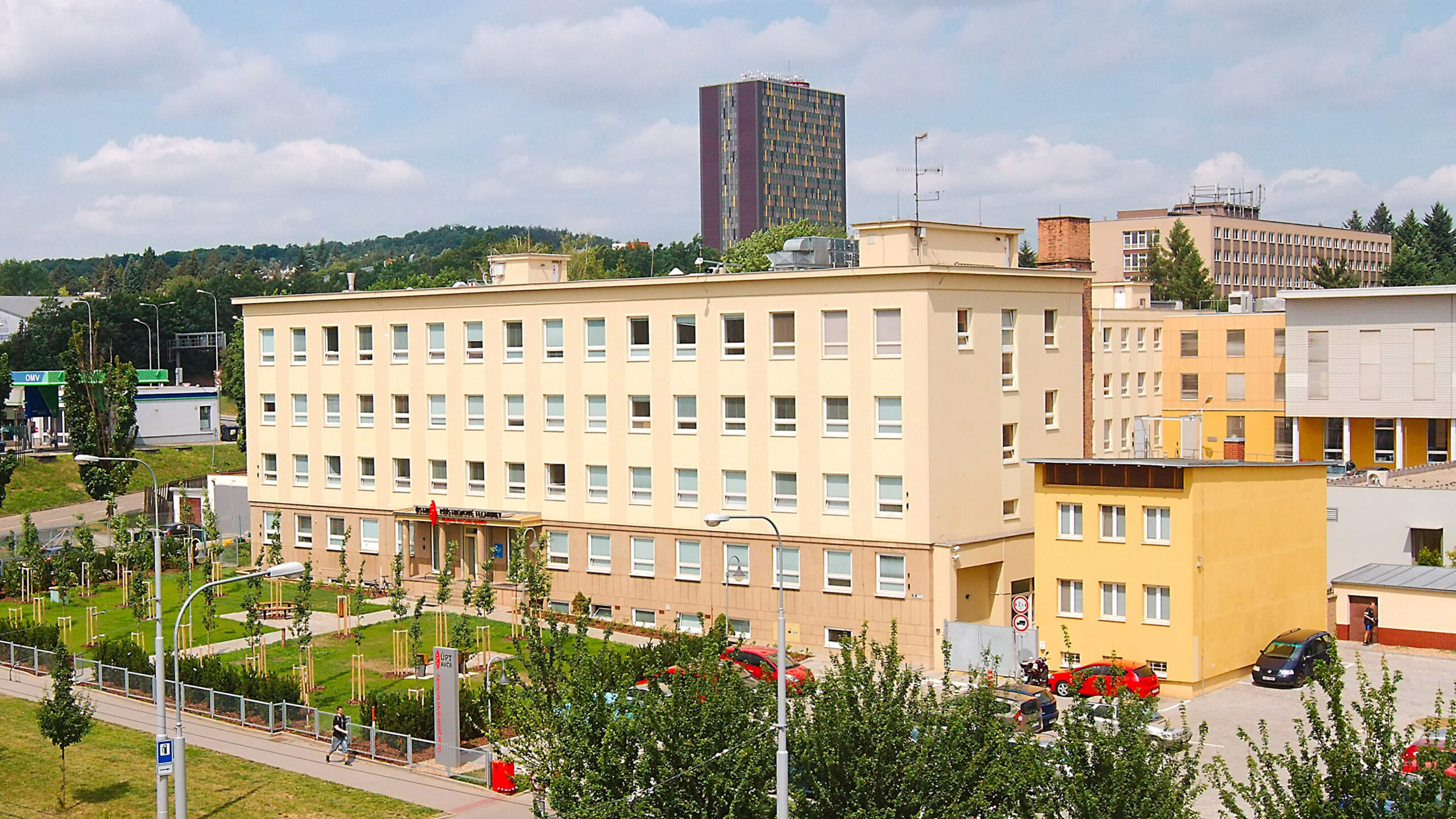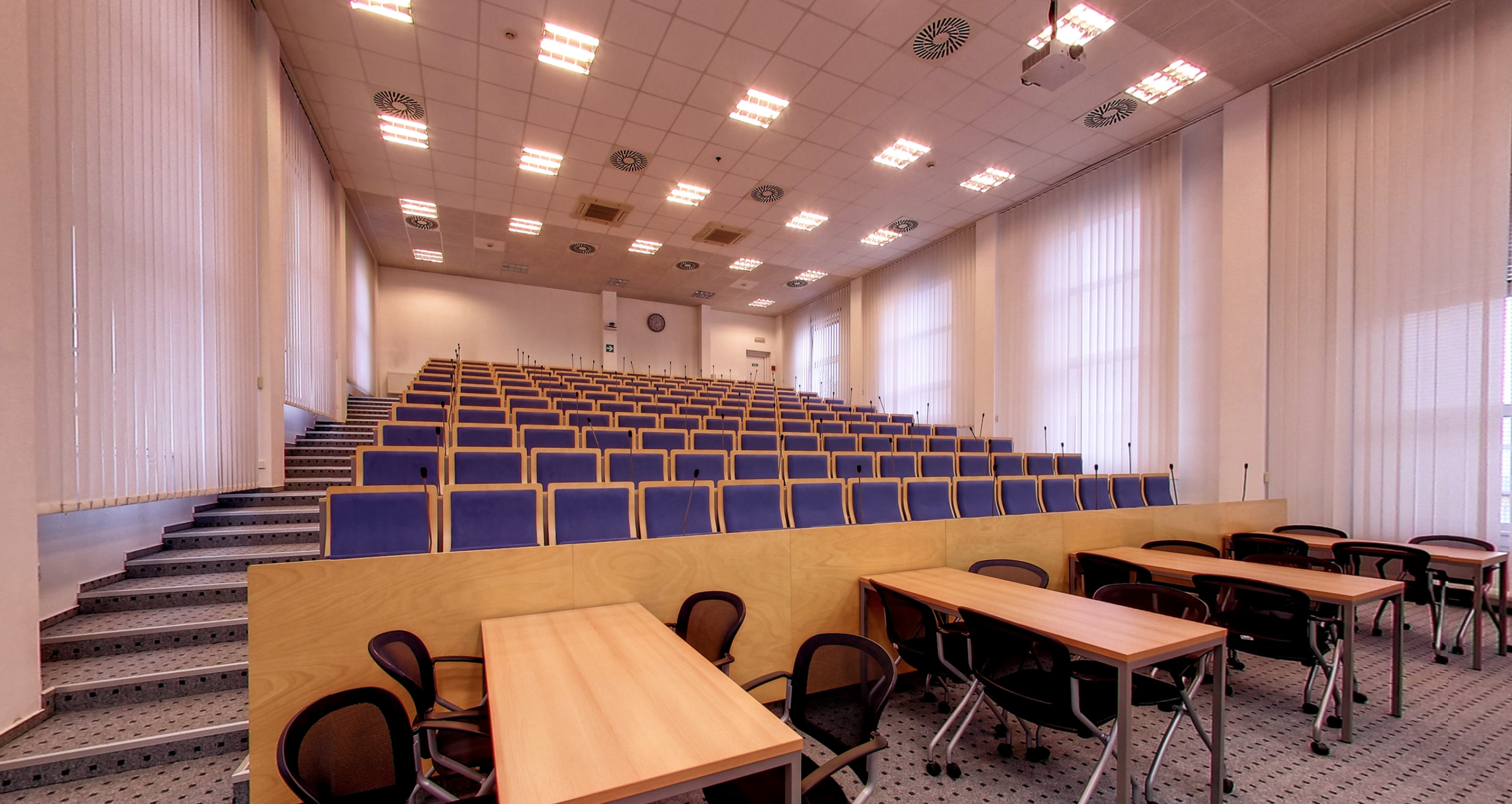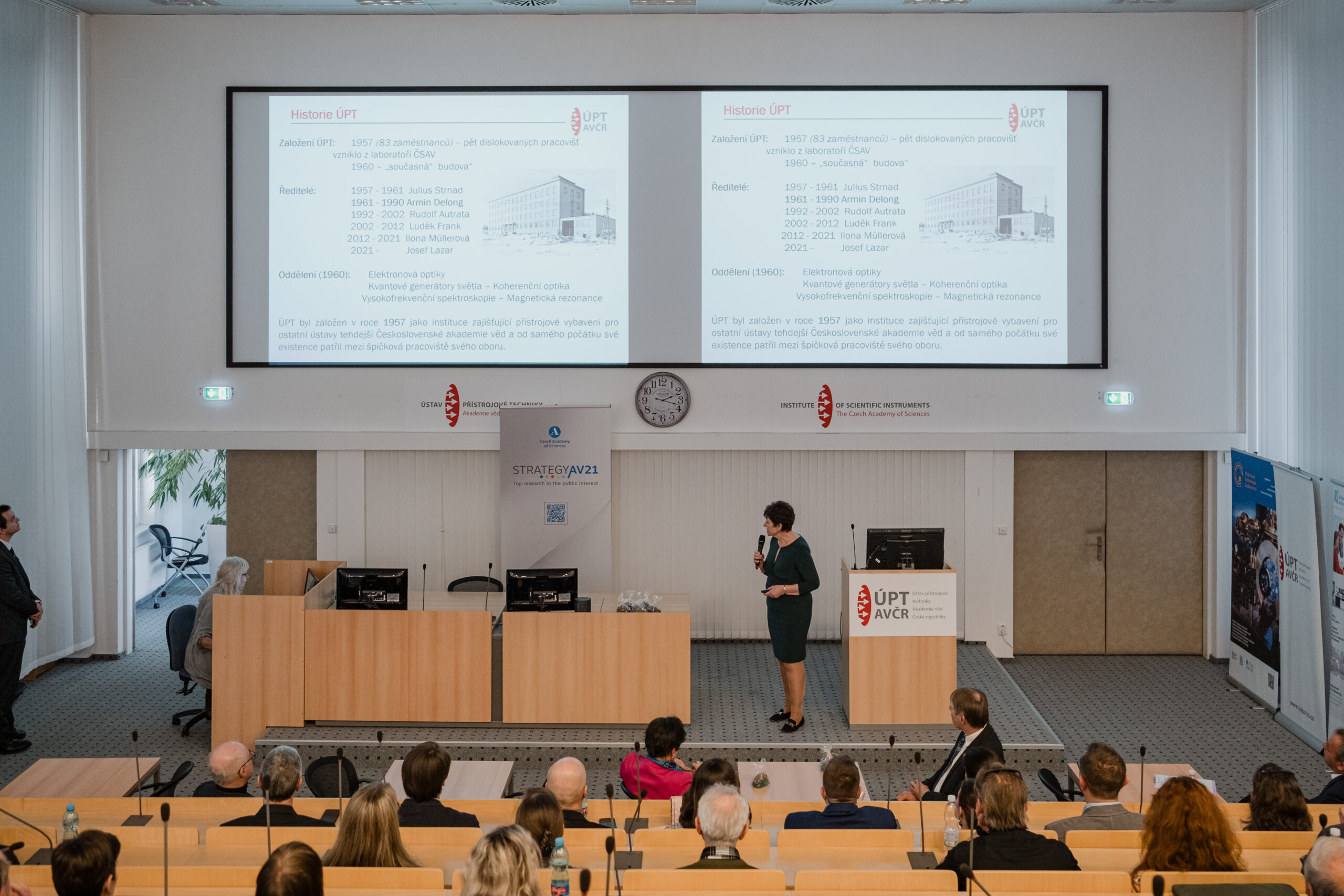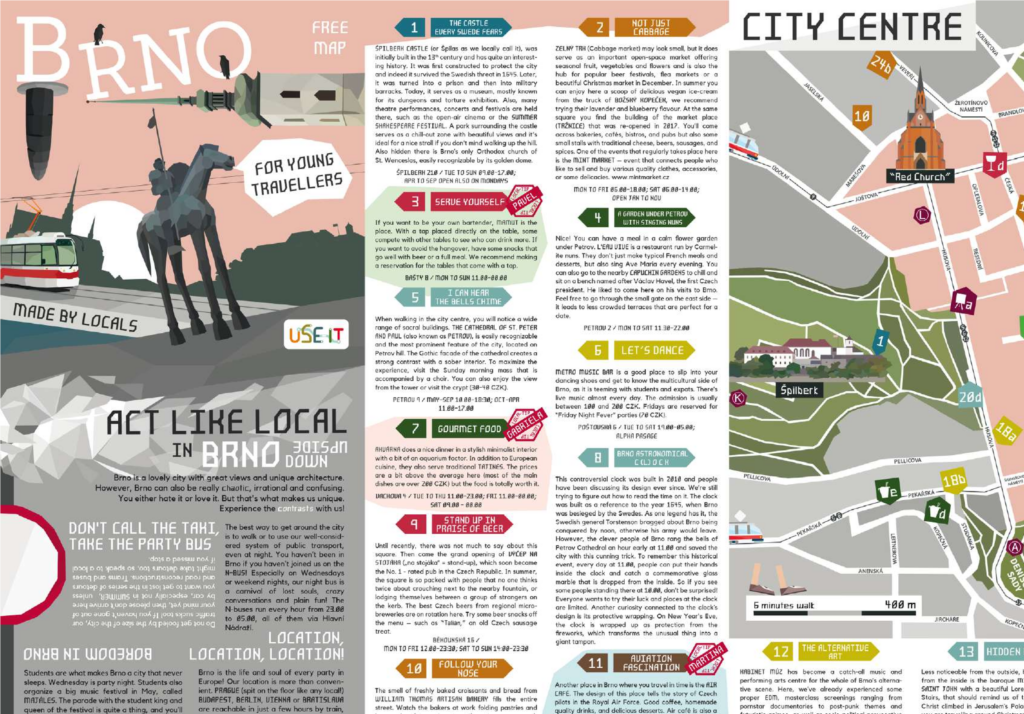About
The International Conference on the Physical Properties and Application of Advanced Materials (ICPMAT) is an annual conference founded by Shanghai University, University of Toyama and Japan Institute of Metals, and is organized by a selected host country. The conference focuses on fundamental and applied researches and current developments in physics and materials science, including raw materials, structural materials, functional materials, advanced characterization techniques and computational materials science. The conference aims to further explore the topics, bring the community closer together, and foster discerning discussions and new collaborations.
Topics
- Light metals and alloys
- Advanced functional materials, magnetic materials and steels, and their properties
- Computational materials science, modeling and simulation of materials’ behavior
- Additive and innovative manufacturing processes
- Powder metallurgy: raw material characterization and advanced manufacturing routes
- Thermal and thermochemical treatments
- Surface modification of material properties
- Artificial intelligence in materials science and data-driven approaches
- 2D materials, thin films, and coatings
- Advanced material characterization: microscopy, spectroscopy, and instrumentation
- Advanced techniques in material sample preparation
Previous Events
Comittee
Chair and Co-Chair
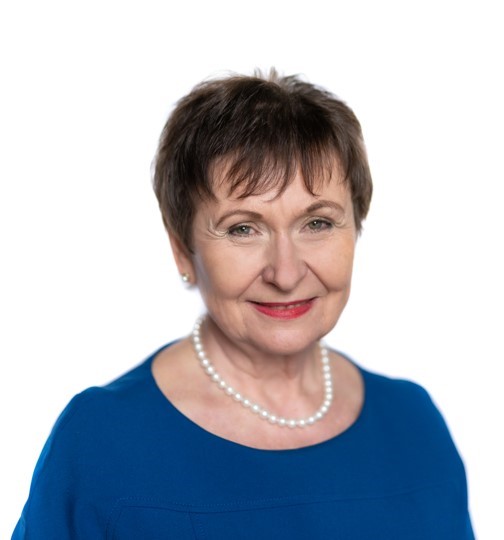
CHAIR
Dr. Ilona MÜLLEROVÁ
Vice President and member of the Academy Council Presidium, Czech Academy of Sciences
Former Director of the Institute of Scientific Instruments (Czech Republic)
CO-CHAIR
Dr. Šárka MIKMEKOVÁ
Microscopy for Materials Science group, Department of Electron Microscopy,
Institute of Scientific Instruments of the CAS (Czech Republic)
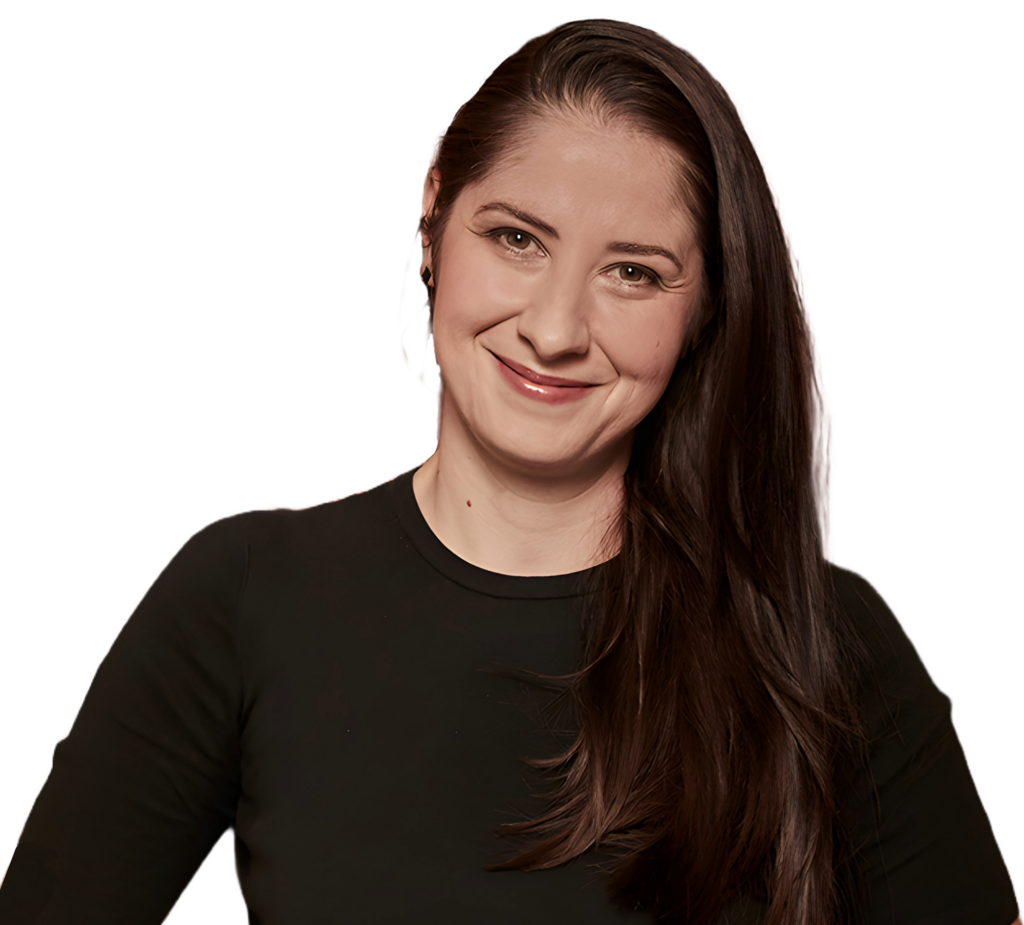
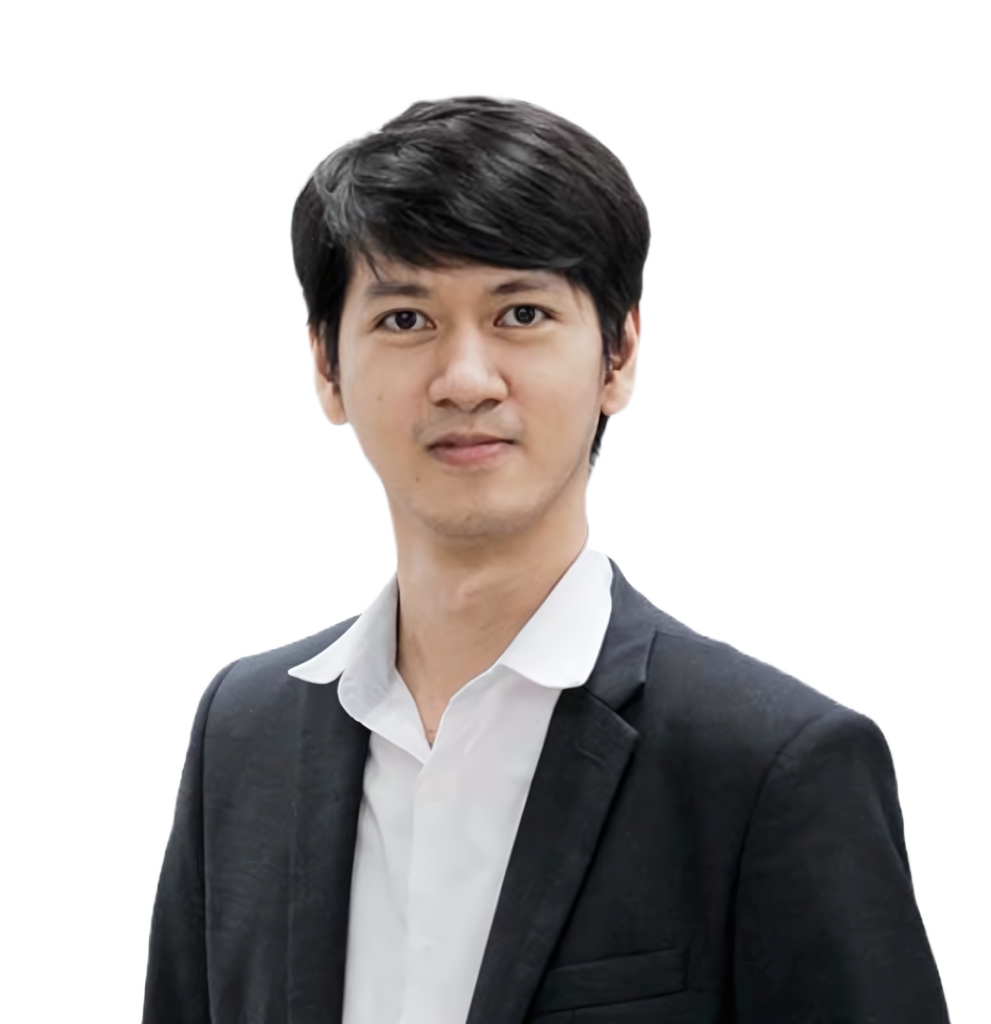
CO-CHAIR
Assist. Prof. Dr. Chaiyasith BANJONGPRASERT
Head of Materials Science Research Center, Faculty of Science,
Chiang Mai University (Thailand)
CO-CHAIR
Prof. Tetsuya Aida
Vice-Dept Chair of Materials Design and Engineering, School of Sustainable Design,
University of Toyama (Japan)
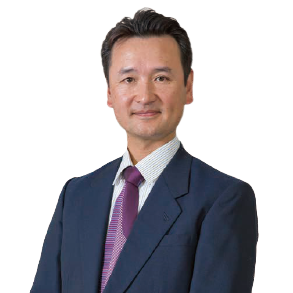
International Advisory Board
Prof. Hideki ONO – University of Toyama (Japan)
PRESIDENT of the INTERNATIONAL ADVISORY BOARD
| Prof. Tetsuo AIDA – University of Toyama |
| Prof. Umberto ANSELMI-TAMBURINI – Università di Pavia (Italy) |
| Prof. Chaiyasit BANJONGPRASE – Chiang Mai University (Thailand) |
| Prof. Jana BIDULSKA – Technical University of Kosice (Slovakia) |
| Dr. Robert BIDULSKY – Bodva Industry and Innovation Cluster (Slovakia) |
| Prof. Tomasz BRYLEWSKI – AGH University of Science and Technology (Poland) |
| Prof. Leando BOLZONI – Waikato University (New Zealand) |
| Prof. Zbigniew BRYTAN – Silesian University of Technology (Poland) |
| Prof. Shixun CAO – Shanghai University (China) |
| Prof. Torranin CHAIRUANGSRI – Chiang Mai University (Thailand) |
| Prof. Renchao CHE – Fudan University – Zhejiang Laboratory (China) |
| Prof. Luca FERRARIS – Politecnico di Torino (Italy) |
| Dr. Kenneth FRIESTAD – Elkem (Norway) |
| Prof. Jun-Yi GE – Shanghai University (China) |
| Prof. Marco Actis GRANDE – Politecnico di Torino (Italy) |
| Prof. Randi HOLMESTAD – Norwegian Un. of Science and Techn. (Norway) |
| Prof. Wayne D. HUTCHINSON – University of New South Wales (Australia) |
| Prof. Takuya ISHIMOTO – University of Toyama (Japan) |
| Prof. Davide JANNER – Politecnico di Torino (Italy) |
| Prof. Lubos KASCAK – Technical University of Kosice (Slovakia) |
| Prof. Dang Quoc KHANH – Hanoi Un. of Science and Technology (Vietnam) |
| Prof. Pham Mai KHANH – Hanoi Un. of Science and Technology (Vietnam) |
| Prof. Tibor KVACKAJ – Bodva Industry and Innovation Cluster (Slovakia) |
| Prof. Malgorzata LEWANDOWSKA – Warsaw University of Techn. (Poland) |
| Prof. Zhe LI – Harbin Institute of Technology (China) |
| Prof. Diego MANFREDI – Politecnico di Torino (Italy) |
| Prof. Knut MARTHINSEN – Norwegian Un. of Science and Techn. (Norway) |
| Dr. Calin D. MARIOARA – SINTEF (Norway) |
| Prof. Kenji MATSUDA– University of Toyama (Japan) |
| Dr. Sarka MIKMEKOVA – Institute of Scientific Instrument of Czech Academy of Sciences (Czech Republic) |
| Prof. Daniel MILANESE – Università di Parma (Italy) |
| Prof. Mitsuhiro MURAYAMA – Virginia Tech (USA) |
| Prof. Lucia NICOLA – Università di Padova (Italy) |
| Prof. Katsuhiko NISHIMURA – University of Toyama (Japan) |
| Prof. Hideki ONO – University of Toyama (Japan) |
| Dr. Jan OVE ODDEN – Elkem (Norway) |
| Prof. Ildiko PETER – G. Emil Palade University of Medicine, Pharmacy, Science, and Technology of Targu Mures (Romania) |
| Prof. Paolo PICCARDO – Università di Genova (Italy) |
| Prof. Kedsarin PIMRAKSA – Chiang Mai University (Thailand) |
| Prof. Wei REN – Shanhai University (China) |
| Prof. Seiji SAIKAWA – University of Toyama (Japan) |
| Prof. Atsushi SAIKI – University of Toyama (Japan) |
| Ing. Leonardo Daniele SCINTILLA – Fontana Group (Italy) |
| Prof. Toshiya SHIBAYANAGI – University of Toyama (Japan) |
| Prof. Gary J. SHIFLET – University of Virginia (USA) |
| Prof. Donato SORGENTE – Università degli Studi della Basilicata (Italy) |
| Prof. Emil SPISAK – Technical University of Kosice (Slovakia) |
| Prof. Miroslaw STYGAR – AGH University of Science and Technology (Poland) |
| Prof. Yutaka TAKAGUCHI – University of Toyama (Japan) |
| Prof. Le VAN LICH – Hanoi University of Science and Technology (Vietnam) |
| Prof. Zou YONG – Shandong University (China) |
| Prof. Jincang ZHANG – Shanghai University and Zhejiang Laboratory (China) |
Steering Committee Japan
| Prof Tetsuo AIDA – University of Toyama |
| Ass. Prof. Takashi HASHIZUME – University of Toyama |
| Ass. Prof. Masahiko HATAKEYAMA – University of Toyama |
| Ass. Prof. Kengo KATO – University of Toyama |
| Ass. Prof. Seungwon LEE – University of Toyama |
| Ass. Prof. Takahiro NAMIKI – University of Toyama |
| Prof. Hideki ONO – University of Toyama |
| Ass. Prof. Taiki TSUCHIYA – University of Toyama |
| Ass. Prof. Tadayoshi TSUKEDA – University of Toyama |
| Ass. Prof. Takeshi YAMANE – University of Toyama |
| Ass. Prof. Masamichi YOSHIDA – University of Toyama |
Local Organizing Committee
| Dr. Ilona MÜLLEROVÁ – Institute of Scientific Instruments of the CAS, v.v.i., Czech Republic |
| Dr. Šárka MIKMEKOVÁ – Institute of Scientific Instruments of the CAS, v.v.i., Czech Republic |
| Dr. Eliška MATERNA MIKMEKOVÁ – Institute of Scientific Instruments of the CAS, v.v.i., Czech Republic |
| Dr. Ivo KONVALINA – Institute of Scientific Instruments of the CAS, v.v.i., Czech Republic |
| Jan ČERMÁK – Institute of Scientific Instruments of the CAS, v.v.i., Czech Republic |
Lecture Hall of the Institute of Scientific Instruments
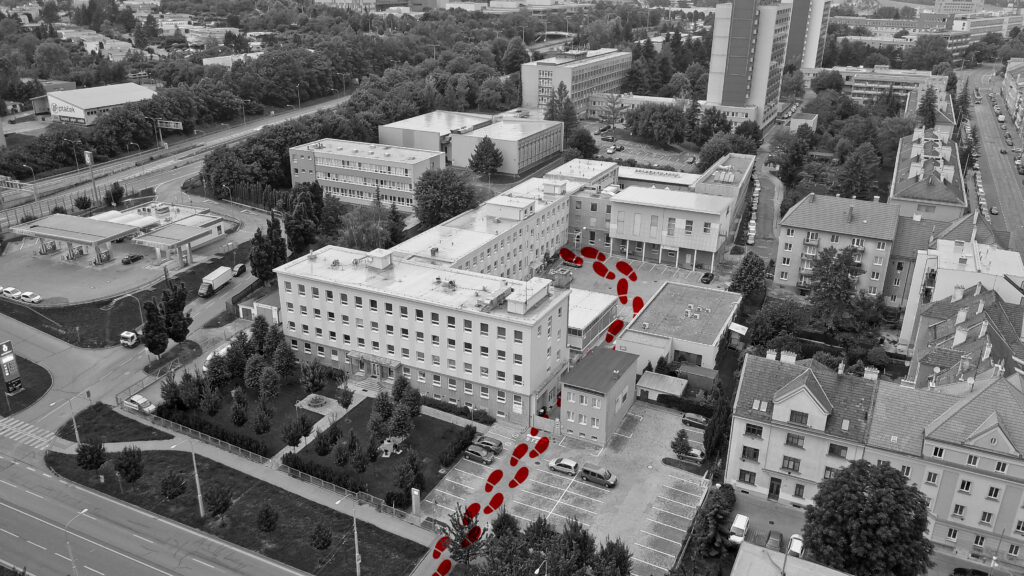
The conference will be held in the lecture hall of the Institute of Scientific Instruments, located at Královopolská 147, 612 00 Brno.
The easiest way to reach the Institute is by using public transportation. The nearest stop is Skácelová, serviced by the following lines:
- Tram line 12
- Bus lines 44, 67, 72 and 84
- Trolleybus line 30
All public transportation in Brno supports contactless payment (beep and go). Simply tap your card on the onboard validator. For more information, visit gotobrno.cz or pipniajed.cz/en.html.
Accommodation
Brno is a small city where everything in the center is close by. Additionally, the city has a dense public transportation network, so there’s no need to worry about booking a hotel anywhere near or in the center. Here are a few tips for hotels: Hotel Continental (★★★★), Hotel Passage (★★★★), Hotel Pegas (★★★★), Hotel International (★★★★) EFI SPA Hotel Superior (★★★★). Or feel free to find your own accommodation that suits you best on Booking.com
Getting around Brno
Just 300 years ago, Brno was a small, picturesque town surrounded by vineyards. Then 100 years later, the town transformed into an industrial metropolis and the flourishing industry made it possible to turn Brno into a real suburb of Vienna with a similar ring road and all the proper cultural amenities. It’s the city of Janáček, Mendel, Mahen, Těsnohlídek, Lev and Ivan Blatný, the Haas brothers, Kurt Gödel, Ernst Mach, and Robert Musil and is connected to many other interesting people.
Brno is a place that will satisfy your soul and your body. There are countless ways to enjoy it. Whether you come for a weekend or longer, every second will be filled with something. There’s no chance to get bored. What can you expect? Rich and varied cultural life, operas, a philharmonic, dozens of galleries, new trends in contemporary art, alternative music clubs. Something for every taste. Prefer not to plan and instead be carried away by the spirit of the city? Walk through the bustling centre and calm periphery to the forests surrounding the city. In Brno, superb art nouveau architecture meets airy functionalism. There are parks everywhere – oases of calm, comfortable places to relax. Have an active lifestyle? Love to move? Swimming, running, cycling, and exercising in parks are all currently popular in Brno.
Cosy cafes where no one will even bat an eye at your offspring. Speaking of cafes, the food and drink in Brno is another excellent reason to come. Hundreds of restaurants and bistros, from traditional Czech cuisine to current global trends. Fresh local ingredients, inventive interiors, alternative cafes, beer tasting pubs, top cocktail bars, and restaurants – that’s the local food scene, which has helped to place Brno among the top cites for quality of life. Don’t miss out on the colourful nightlife, whether in sophisticated bars or alternative clubs. What should you take home with you? Hard to say. For shopaholics, Brno is paradise. It’s full of markets, bazaars, antique stores, and shopping centres as well as creative souvenirs and the work of local fashion designers.
Useful links: gotobrno.cz, ticbrno.cz
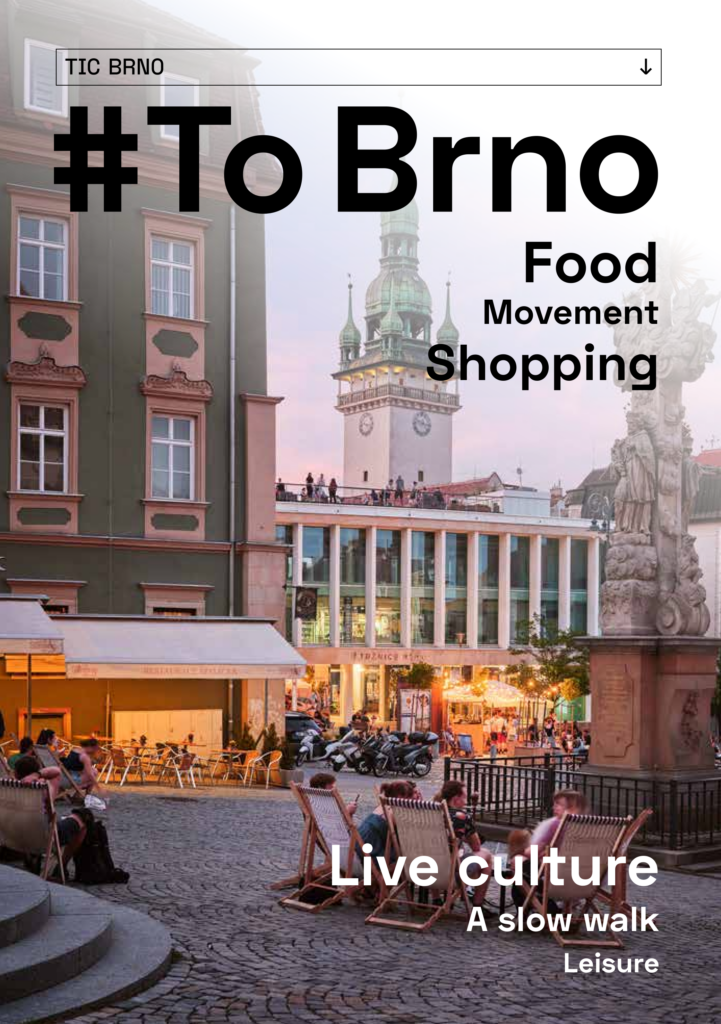
A Brief Guide #To Brno (3 MB)
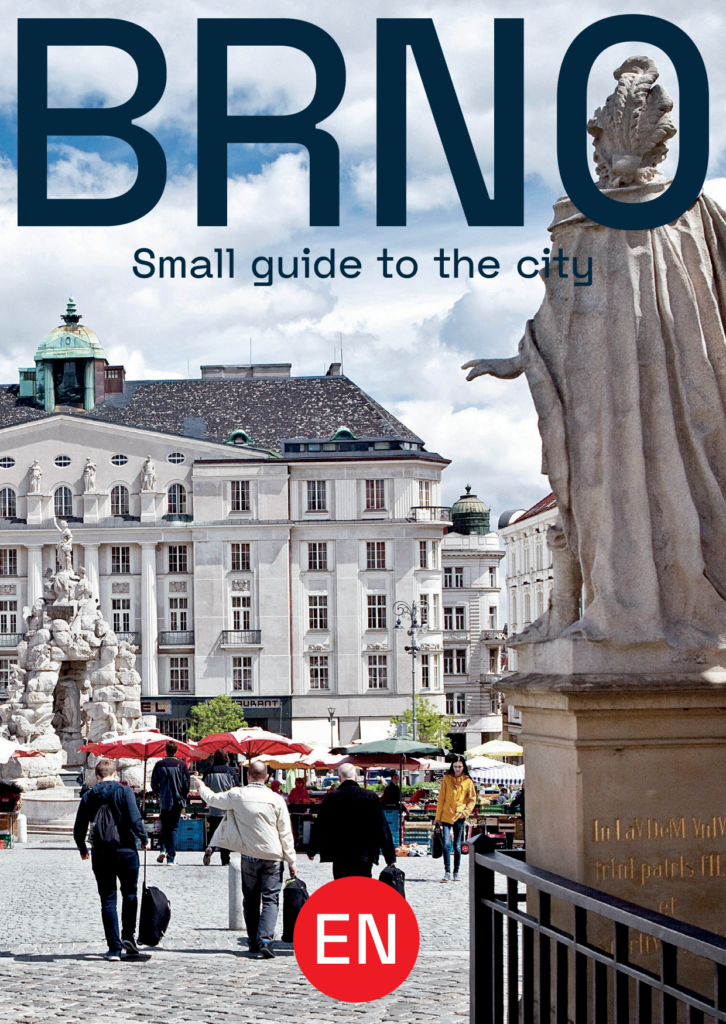
Small guide to the city (11 MB)
Brno, the City of Electron Microscopy
Research institutes led by the Institute of Scientific Instruments of the Czech Academy of Sciences, the scientific centre of CEITEC, Masaryk University, Brno University of Technology and three major manufacturers such as Thermo Fisher Scientific, TESCAN and Delong Instruments form the backbone of a unique ecosystem of Electron Microscopy in Brno. The functionality of the ecosystem is demonstrated by regular events directed at students and the whole public, where
representatives of business, academic science-popularization institutions (Star Room and Planetarium Brno, VIDA! Science Center, The Technical Museum in Brno) and local and regional authorities jointly implement the Electron Microscopy Days, the School of Electron Microscopy and several activities within Science and Technology Week. The number of partners involved is growing gradually.
TESCAN
The fifth greatest global producer of electron microscopes.
THERMO FISHER SCIENTIFIC
The greatest producer of electron microscopes worldwide.
INSTITUTE OF SCIENTIFIC INSTRUMENTS OF CZECH ACADEMY OF SCIENCES
The cradle of Electron Microscopy in Brno and the former workplace of the legendary electron microscopy expert, Prof. Armin Delong.
DELONG INSTRUMENTS
Company active in electron optics, micro and nanotechnology since 1992. Producer of low voltage TEM and Schottky electron guns DIGUN.
CEITEC
Central European Institute of Technology is a young and dynamic interdisciplinary research centre that is focused on life sciences, advanced materials, and nanotechnologies.
Conference program
Monday 30 September
Check-In (Registration) 9:00–17:00
Check-in will take place at the Institute of Scientific Instruments, the same venue as the workshop and scientific program. Please use the provided QR code or link to view the exact location. Upon arrival, the institute gate will be open. You’ll cross the courtyard and take the elevator to the 2nd floor, where the Lecture Hall is located.
Although check-in will primarily be available on Monday, it will remain open for those arriving later.
Light Lunch 12:00–13:00
Lunches will be served in the anteroom adjacent to the lecture hall. A selection of cold, grab-and-go lunches will be available.
AI Workshop: Utilization of Machine Learning and Artificial Intelligence in Scientific Practice (free for all attendees) 13:00–17:00
Jiří MATERNA
Machine Learning College, Czechia
Jiří MATERNA
Machine Learning College, Czechia
AI Workshop is free for all attendees and will be held at the Institute of Scientific Instruments.
This workshop is designed for researchers, scientists, and professionals with limited or no experience with machine learning, interested in leveraging ML and AI techniques in their work. It is a four-hour session designed to provide a comprehensive introduction to how machine learning (ML) and artificial intelligence (AI) can be applied in scientific research. It will start with an overview of key machine learning concepts and foundational theory. The workshop will then focus on practical applications in several areas: analyzing tabular data, image classification and segmentation, and time series analysis. All examples
and programming code shown during the workshop will be written in Python. While participants are encouraged to have a basic understanding of Python, it is not a strict requirement. Attendees are also encouraged, but not required, to bring a laptop, which will allow them to follow along with the exercises in real-time.
Welcome Reception 17:00–19:00
Join us for the Welcome Reception, an opportunity to connect with fellow attendees in a relaxed and informal setting. Held in the same aula as the lunches and registration, the reception will feature a buffet and a tasting of local wines, offering a delightful introduction to the region‘s flavors.
The reception will begin immediately following the AI workshop. We look forward to seeing you there!
Tuesday 1 October
Opening Ceremony 9:00–9:30
Welcome Speech
Kenji MATSUDA
University of Toyama, Japan
The Story of Electron Microscopy at the Institute of Scientific Instruments
Ilona MÜLLEROVÁ
Institute of Scientific Instruments, Czechia
Plenary Lectures I+II 9:30–10:30
9:00–9:30 Application of FIB-SEM Serial-Sectioning Technique on Structural Materials
Toru HARA
NIMS, Japan
10:00–10:30 Al Induced Engineered Cluster Evolution of Ag for Approaching of Highly Transparent Flexible Thin Film Heaters
Guanghui MIN
Shandong University, China
Coffee Break 10:30–11:00
Session I 11:00–12:00
11:00–11:20 TEM observation of precipitates in Al-7%Si-0.3%Mg alloy
Taiki TSUCHIYA
University of Toyama, Japan
11:20–11:40 TEM microstructure observation of Cu added excess Si-type Al-Mg-Si alloys
Seungwon LEE
University of Toyama, Japan
11:40–12:00 Understanding the Interplay of Microstructure Planar Defects for Improving the Mechanical Properties and Electric Conductivity Performance of Copper Foils
Artenis BENDO
Luxembourg Institute of Science and Technology, Luxembourg
Lunch Break 12:00–13:30
Lunches will be served in the anteroom adjacent to the lecture hall. Warm meals will be provided on the main conference days.
Session II 13:30–14:30
13:30–13:50 Study Of the Intergranular Liquefaction Behavior of Precipitation Strengthened Nickel Based Superalloys
Dongting WU
Shandong University, China
13:50–14:10 Solidification Segregation-Derived Heterostructure Formation in Titanium-Iron Alloy
Takuya ISHIMOTO
University of Toyama, Japan
14:10–14:30 Development of New Alloys for Biomaterials by Solvent Multicomponentization of Metastable Beta Ti Alloys
Yusuke NOMURA
University of Toyama, Japan
Coffee Break 14:30–14:45
Session III 14:45–15:45
14:45–15:05 Structures and Properties of High-Entropy Oxide-based Ceramic/Metallic Layered Systems for SOFC Interconnects
Miroslaw STYGAR
AGH University of Krakow, Poland
15:05–15:25 DSC Analysis as a Tool for Determining Reaction Temperatures in Welded Joints
Ján RONČÁK
TESCAN GROUP, Czechia
15:25–15:45 Physicochemical properties of the layered steel/ceramic systems for interconnect application in Proton Ceramic Fuel Cells
Ewa DURDA
AGH University of Krakow, Poland
Poster Session 15:45–17:00
P1 The Effect of pH, Concentration and Temperature Of Electrolyte For Uniform Gold Electrodeposition
Tung DO CUONG
Kyungpook National University, South Korea
P2 Effect of the Addition of Sm to Pyrochlore-structured Potassium Tantalate on its Photocatalytic Activity
Haruki KITAHARA
University of Toyama, Japan
P3 Exothermic Reactivity of Aluminum Powders Coated With Copper And Nickel
Changgyun KIM
Kyungpook National University, South Korea
P4 Hardness Improvement by Adding Bismuth in Silver Electroplating
Injoon SON
Kyungpook National University, South Korea
P5 Analyses of Phase Stability, Microstructure, and Mechanical Properties of Laser Powder Bed Fusion-Produced Ti-6Al-4V/Ti-15Mo-5Zr-3Al Interface
Sho MAEGAWA
University of Toyama, Japan
P6 Soft magnetic properties of Fe-Si-C-P amorphous ribbons
Moosung KIM
Kyungpook National University, South Korea
P7 Soft Magnetic Properties of Fe-based Amorphous Core Prepared by Various Sintering Methods
Hyungjin NAM
Kyungpook National University, South Korea
P8 Reduction Behavior of NCM-Based Lithium-Ion Battery Cathode Materials by CO and Li Recovery by Water Leaching
SangYeop LEE
Kyungpook National University, South Korea
P9 Investigation of crystallization behavior and magnetic property changes of Fe-P-B-Si-C-Cu alloys under heat treatment
Eunjin PARK
Kyungpook National University, South Korea
Guided City Tour 18:00–20:00
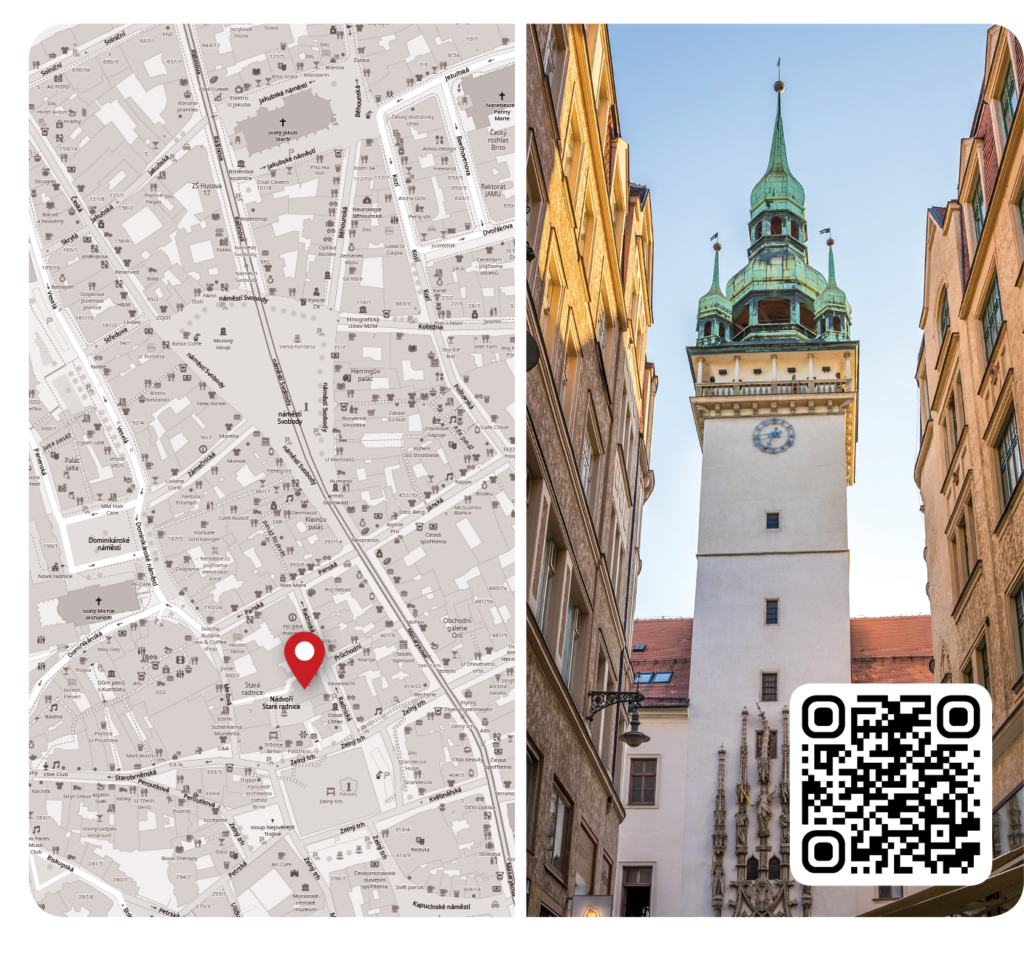
This optional part of the program is perfect for those visiting Brno for the first time. Your guide will take you through the city center, introducing you to Brno’s key landmarks. You’ll have the chance to admire the city’s beautiful squares, visit the impressive St. Peter and Paul Cathedral, and hear some of Brno’s most famous legends.
The tour will begin at the Old Town Hall (Radnická 8, 602 00 Brno-střed). For those who prefer assistance, one of our team members will be at the parking area in front of the Institute until 17:35 to guide you to the meeting point.
No registration is needed—just be sure to arrive on time!
Adress of Old Town Hall: Radnická 8, 602 00 Brno-střed
Wednesday 2 October
Plenary Lecture III 9:00–9:30
9:00–9:30 Development of lead-free solder paste material containing cellulose nanofibers
Tetsuya AIDA
University of Toyama, Japan
Session IV 9:30–10:30
9:30–9:50 Metamagnetic phase transition induced large magnetocaloric effect
Wanting YANG
Johannes Gutenberg University Mainz, Germany
9:50–10:10 Superconductng properies of Zr2(Co1-xTx )(T = Pd, Pt)
Takahiro NAMIKI
University of Toyama, Japan
10:10–10:30 Si Removal from Molten Aluminum through Liquid-Liquid Partitioning Using Molten Sodium
Kengo KATO
University of Toyama, Japan
Coffee Break 10:30–11:00
Session V 11:00–12:00
11:00–11:20 Image Processing Technology Toward Multi-Modal Analysis of Steels
Takashi MICHIKAWA
RIKEN, Japan
11:20–11:40 Circular Line Method Application: Image Processing For Steel Industry
Martin ZOUHAR
Institute of Scientific Instruments, Czechia
11:40–12:00 Fabrication of Al2O3 and SiC ceramics by digital light processing technology
Guifang HAN
Shandong University, China
Lunch Break 12:00–12:30
Lunches will be served in the anteroom adjacent to the lecture hall. Warm meals will be provided on the main conference days.
Session VI 13:30–16:00
13:30–16:00 Advances in Microscopy: Brno Industry Session
Brno, Czechia
Guided Museum Tour and Gala Dinner 18:00–19:00 / 19:00–22:00
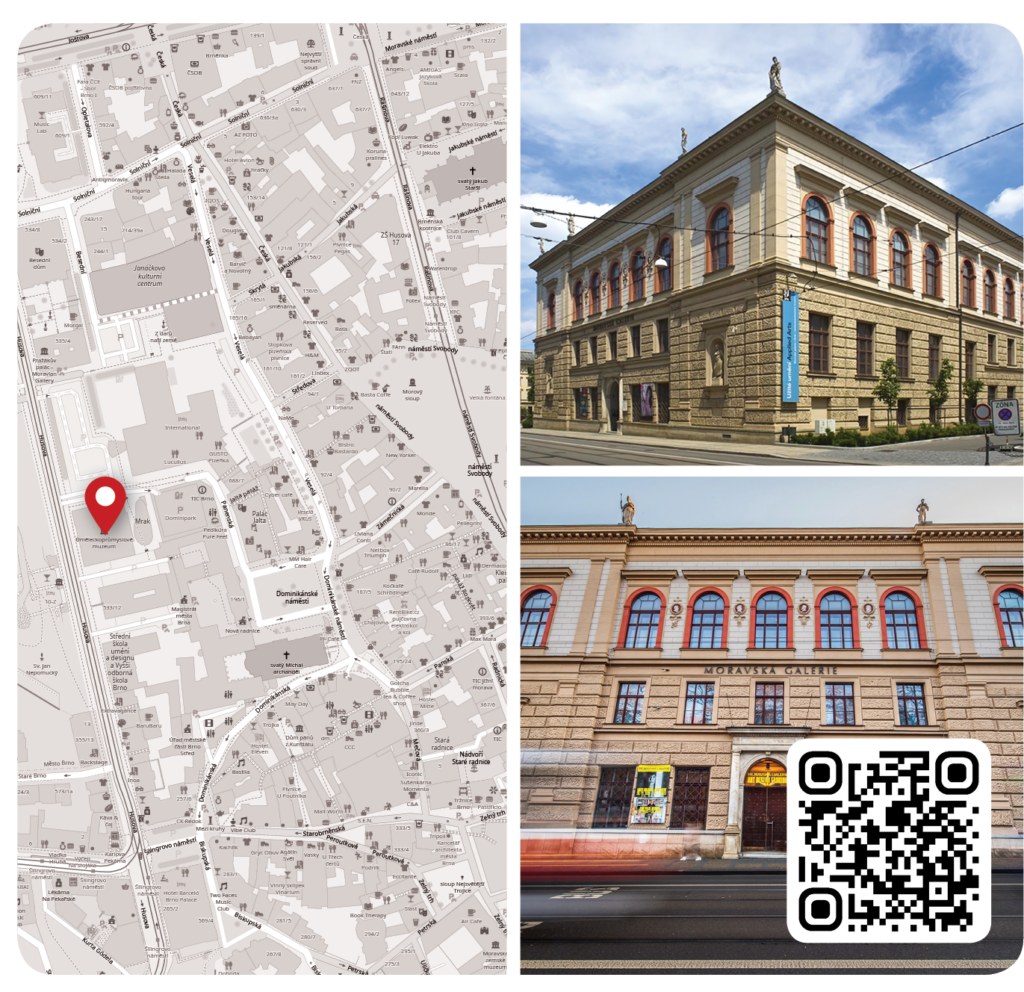
The Gala Dinner will take place at the Museum of Applied Arts (Husova 536, 662 26 Brno-město). This event offers an opportunity to reflect on the conference‘s proceedings, foster professional connections, and engage in discussions in a more relaxed setting.
For those interested, a guided tour of the museum will be offered at 18:00. No registration is required, but please be punctual to participate.
The official part of the Gala Dinner will begin at 19:00. We look forward to your presence at this formal conclusion to the conference.
Adress of Museum of Applied Arts: Husova 536, 662 26 Brno-město
Thursday 3 October
Plenary Lectures IV+V 9:00–10:00
9:30–10:00 A new principle of Silicon Removal from Aluminum through Selective Extraction and Phase Separation
Hideki ONO
University of Toyama, Japan
9:30–10:00 Effect of aging precipitation behavior on corrosion resistance of Al-Mg-Zn high strength aluminum alloys
Yong ZOU
Shandong University, China
Coffee Break 10:00–10:30
Session VII 10:30–11:50
10:30–10:50 Surface Modification of Recycled Aluminum Material Using a Laser
Atsushi SAIKI
University of Toyama, Japan
10:50–11:10 Modification of sulfur-based solid-state electrolyte films and properties of all-solid-state batteries
Lin ZHANG
Shandong University, China
11:10–11:30 Lithium Recovery from Spent NCM Lithium Ion Battery by Hydrogen Reduction
Jae-Ho HWANG
Kyungpook National University, South Korea
11:30–11:50 Enhanced Anode Performance of Al-air Battery by Severe Plastic Deformation
Chaiyasit BANJONGPRASERT
Chiang Mai University, Thailand
Closing Ceremony 11:50–12:30
Lunch-to-Go 12:30–13:30
Lunches will be served in the anteroom adjacent to the lecture hall. A selection of cold, grab-and-go lunches will be available.
Becoming a Sponsor
Join us as a sponsor for the International Conference on the Physical Properties and Application of Advanced Materials (ICPMAT) 2024, hosted in Brno, the City of Electron Microscopy. This conference, founded by Shanghai University, University of Toyama, and the Japan Institute of Metals, focuses on the latest developments in physics and materials science. Brno, with its rich ecosystem of leading institutes and major manufacturers like Thermo Fisher Scientific, TESCAN, and Delong Instruments, represents the pinnacle of innovation in electron microscopy. By sponsoring ICPMAT 2024, your organization will gain exposure to a global audience of top researchers and industry leaders, showcasing your commitment to advancing scientific knowledge. Moreover, your support will contribute to Brno’s vibrant community engagement through events like Electron Microscopy Days and the School of Electron Microscopy. This is a unique opportunity to align with an event that not only fosters groundbreaking scientific discussions but also inspires the next generation of scientists and researchers. Join us in shaping a future where science and community converge.
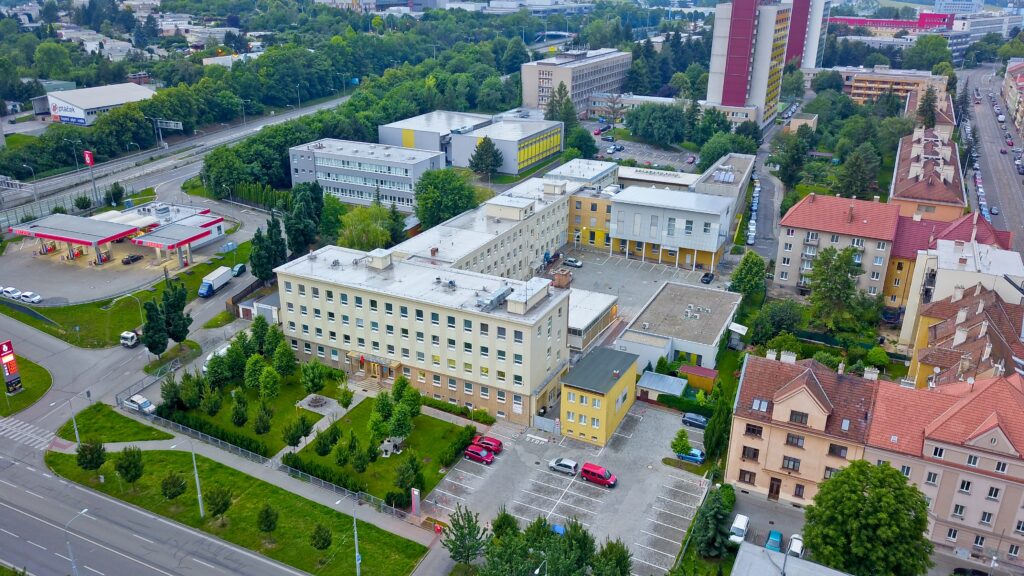
Contacts
Institute of Scientific Instruments of the CAS
Address:
Ústav přístrojové techniky AV ČR, v. v. i.
Královopolská 147
612 00 Brno
Česká republika
Email: info@icpmat2024.com or
Dr. Sarka Mikmekova sarka@isibrno.cz
